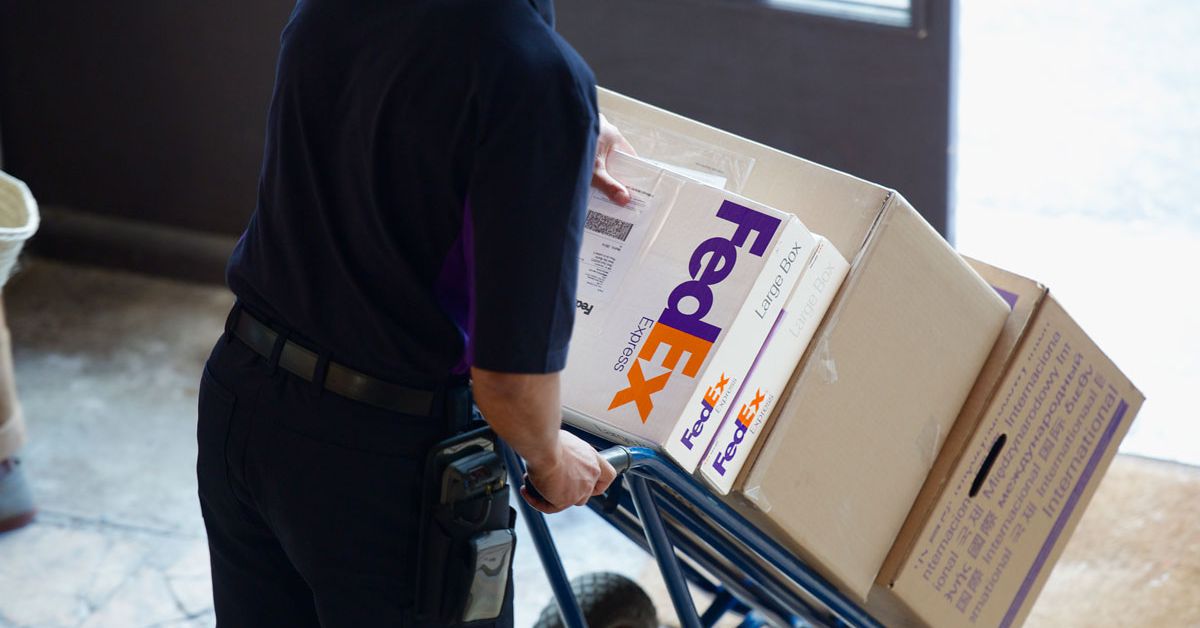Logistics company FedEx has made a significant announcement by introducing its own commerce platform, FDX, which is poised to rival industry giant Amazon. The platform aims to provide a wide array of services to merchants, including demand generation, fulfillment, tracking, and post-purchase experiences, encompassing returns.
Key Takeaway
FedEx’s launch of the FDX commerce platform marks a significant move in the competitive e-commerce landscape, positioning the company to directly challenge industry leader Amazon. The platform’s comprehensive services and forthcoming launch have generated substantial interest and anticipation within the business community.
Private Preview and Future Launch
FedEx has revealed that FDX is currently in a private preview phase, with plans for a broader launch scheduled for fall 2024. Interested businesses can express their desire to participate in the trial through a dedicated form. Although the company has not disclosed the brands involved in the pilot program, it has generated considerable anticipation within the industry.
Features and Offerings
The announcement of FDX is accompanied by a plethora of marketing buzzwords such as “data-driven,” “digitally-led,” and the promise of an “end-to-end e-commerce solution for businesses of all sizes.” However, specific details regarding how the platform will position itself against existing competitors remain scarce.
FedEx has emphasized that merchants will be able to leverage its services, including ShopRunner, an e-commerce platform acquired by the company in 2020. These services will enable businesses to reach customers, display estimated delivery times on their websites, manage carts, track packages, measure the carbon emission impact of deliveries, and facilitate returns.
Competition with Amazon
Amazon, a dominant force in the e-commerce sector, has long provided Fulfillment by Amazon (FBA), allowing merchants to utilize the company’s shipping and logistics infrastructure. In recent years, Amazon has expanded its services, enabling third-party merchants to list Prime-eligible items on their own sites and access additional benefits, such as displaying Amazon reviews and offering perks like easy returns and customer support.
Notably, the Wall Street Journal reported that Amazon has been surpassing rivals FedEx and UPS in terms of package deliveries within the United States. This underscores the intense competition within the logistics and e-commerce landscape.
Historical Context
In 2019, FedEx terminated both air express and ground delivery contracts with Amazon, citing that the e-commerce giant represented only 1.3% of its revenue for the 12-month period ending in December 2018. Conversely, Amazon temporarily blocked third-party merchants from utilizing FedEx’s ground delivery service for Prime shipments, a restriction that was later lifted.
























